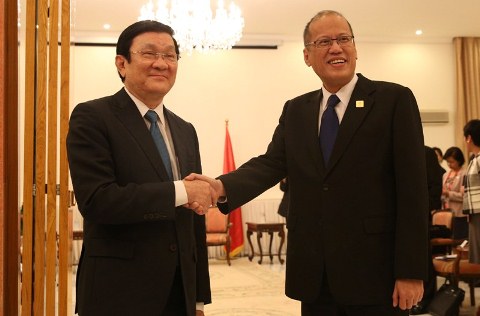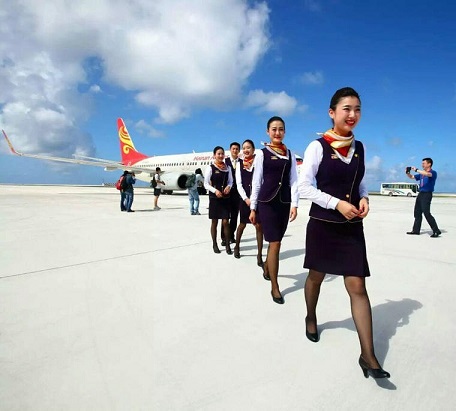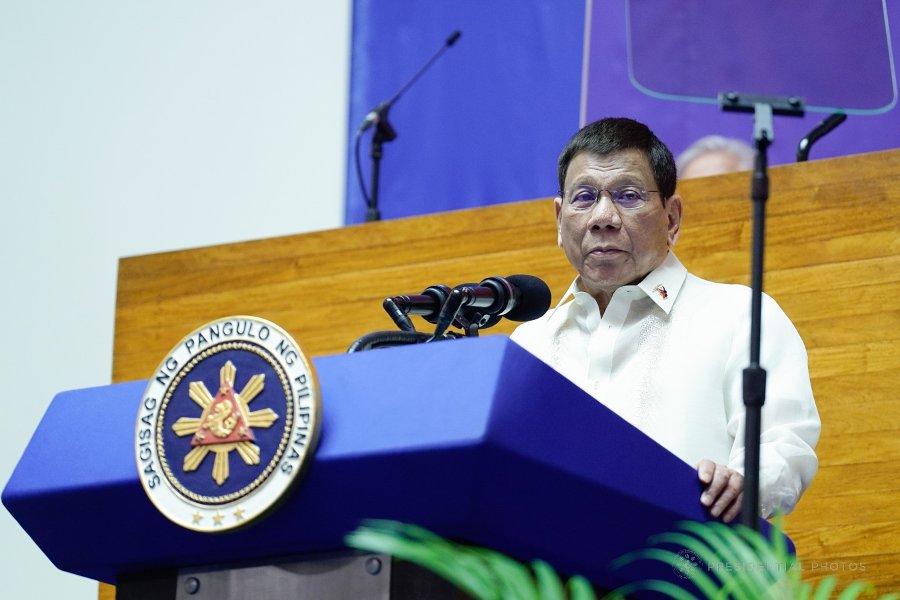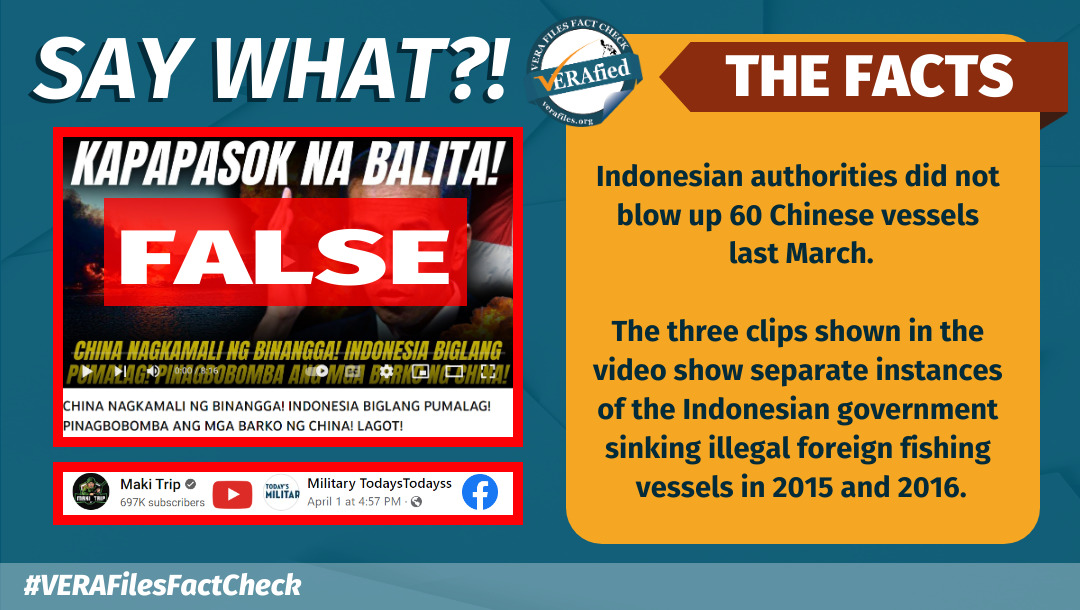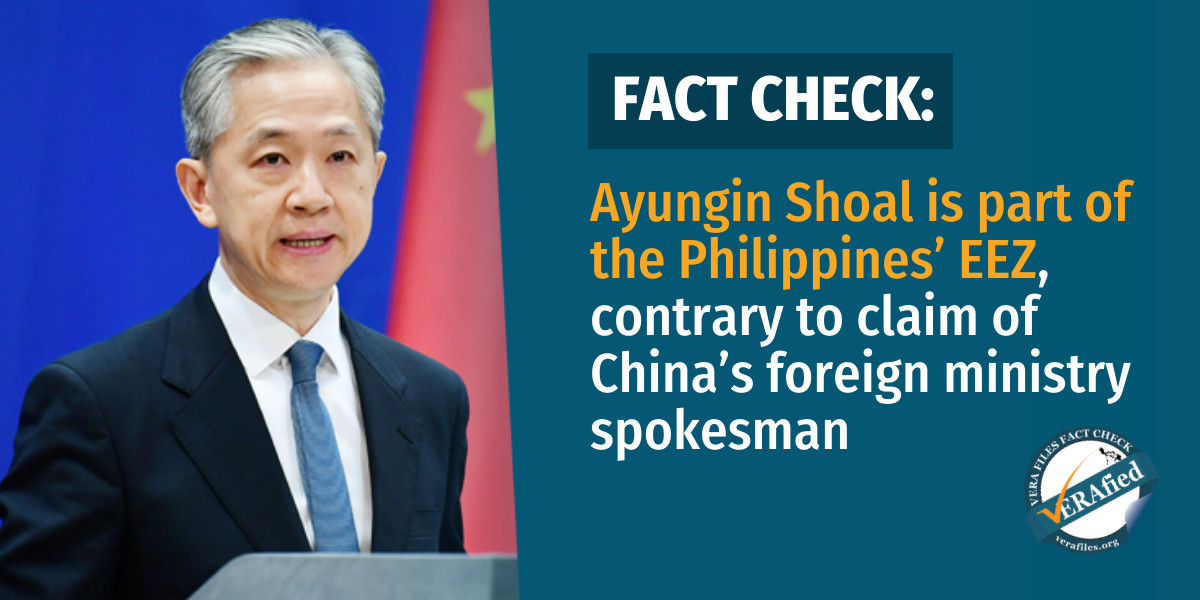(On Tuesday, Nov. 17, on the sidelines of the 23rd APEC Leaders Meeting, President Aquino and Vietnam President Truong Tan Sang will hold bilateral talks in Malacanang. They will finally be signing the “Joint Statement on the Establishment of a Strategic Partnership between the Republic of the Philippines and the Socialist Republic of Vietnam” which had long been prepared. VERA Files is reposting this article which was first published on April 24, 2015.)
By TESSA JAMANDRE and ELLEN TORDESILLAS
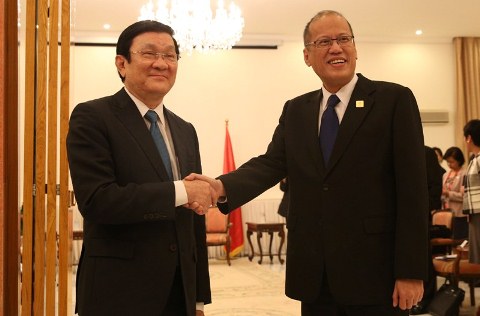
THE Philippines and Vietnam have agreed to conduct joint naval drills and scientific studies amid concerns over China’s intensified reclamations in the South China Sea.
The planned activities are part of the soon-to-be signed “Joint Statement on the Establishment of a Strategic Partnership between the Republic of the Philippines and the Socialist Republic of Vietnam,” a copy of which was obtained by VERA Files.
In the strategic partnership agreement, which is considered a final draft until it is signed, the Philippines and Vietnam “reaffirm their commitment to resolve territorial and jurisdictional disputes by peaceful means, as well as to the freedom of navigation in and over flight above the SCS (South China Sea) all in accordance with universally recognized principles of international law, including the 1982 United Nations Convention on the Law of the Sea (UNCLOS).”
The section on Defense, Security, Judicial and Law Enforcement Cooperation states that the two countries agree to make full use of existing joint mechanisms and agreements to intensify cooperation between their armed services.
“To this end, joint confidence- and-capacity-building activities will be conducted leading to the eventual holding of actual joint exercises between the two navies,” paragraph 16 of the agreement said.
In the section on Maritime and Ocean Affairs Cooperation, the two countries agreed to “conduct joint scientific studies in the South China Sea.”
Once signed, Vietnam becomes the Philippines’ first strategic partner in the Association of Southeast Asian Nations among South China Sea claimants. So far the Philippines has strategic partnership agreements with only two countries: the United States and Japan.
Vietnam, which initiated agreement, had wanted it signed in Hanoi either before or after the April 26 and 27 summit of the Association of Southeast Asian Nations in Kuala Lumpur. But since President Aquino’s schedule could not accommodate a visit to Vietnam this month, the Department of Foreign Affairs is working on a May or June signing.
Vietnam proposed the strategic partnership when Foreign Secretary Albert Del Rosario paid a courtesy call on Vietnamese President Truong Tan Sang in 2011. Sang said at the time he hoped the bilateral relations “will grow from a multi-faceted relationship to a comprehensive one, with a view towards a strategic partnership.”
Del Rosario replied that the Philippines defines a strategic partnership as “one that is deep and nurtured over the years and can be counted upon.”
Aquino and Sang agreed to forge the strategic partnership during a bilateral meeting at the sidelines of the Asia Pacific Economic Cooperation (APEC) summit in Beijing last November.
The Philippines and Vietnam are two of the six claimants in the South China Sea. Vietnam, China and Taiwan claim almost the whole of the area while the Philippines claims a part of the Spratly islands. Malaysia and Brunei also claim portions of the South China Sea, a navigation route for 40 percent of global trade.
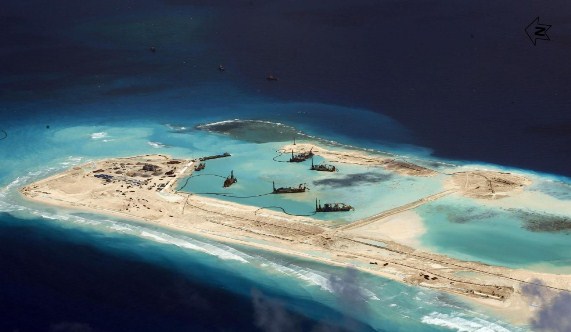
In the Strategic Partnership Accord, the Philippines and Vietnam agreed not to occupy uninhabited islands in the disputed areas.
They reaffirmed their commitments to resolve difference in a “constructive manner without resorting to the threat or use of force.”
The two countries also restated their commitment to “to exercise self-restraint in the conduct of activities that would complicate or escalate disputes and affect peace and stability including, among others, refraining from actions of inhabiting on the presently uninhabited islands, reefs, shoals, cays and other features.”
The agreement does not mention developments on islands and reefs the Philippines and Vietnam already inhabit.
The Philippines has protested China’s reclamations in several reefs. Last week, leaders of the G7 countries—France, Germany, Italy, the United Kingdom, Japan, the United States and Canada—expressed concern over China’s reclamations.
The agreement said the “timing and modalities” of the joint naval drills would be “the subject of future discussion.”
The Philippine and Vietnam navies have so far only held friendly sports events in the South China Sea. They kicked off with football, volleyball and tug-of-war games on Vietnam-held Pugad Island (Southwest cay) in June 2014. Another one will be held this year on the Philippines’ Pagasa (Thitu) island.
In 2004, the Philippines and Vietnam, together with China, undertook the Joint Marine Seismic Undertaking (JMSU) over a large portion of the South China Sea prior to a trilateral development.
Bayan Muna partylist questioned the undertaking’s legality before the Supreme Court, and the case remains unresolved.
The Strategic Partnership agreement said the two countries would “revisit and update the Agreement on Maritime Merchant Shipping signed in 1992 and in partnership with the Philippines Department of Environment and Natural Resources under its Sustainable Coral Reef Ecosystem Management Program, strengthen governance of marine protected areas through eco-tourism, cooperation in marine ecosystem and biodiversity conservation.”
Vietnam and the Philippines had previously undertaken joint scientific studies in the South China Sea through the Joint Oceanographic Marine Scientific Research Expedition (JOMSRE) that covered the South China Sea. The four JOMSRE-SCS scientific cruises that began in 1996 up until 2007 included visits to islands occupied by both countries in the disputed islands.
Scientists who participated in the JOMSRE recommended the establishment of a marine protected area that would be formally designated as a transborder marine peace park.
Phase 2 of JOMSRE sought an enhanced level of ocean governance joint cooperation in the South China Sea to include China and other ASEAN countries.
The cooperation did not take off even after three preparatory meetings held alternately in China, Vietnam and the Philippines because of unresolved issues such as the research expedition route and late objections that were political in nature.
The Philippines has asked the United Nations Arbitral Court to nullify China’s nine-dash line map that covers almost the whole of South China Sea. Vietnam has not joined the case, but it submitted to the U.N. tribunal a position paper underscoring that the court has jurisdiction on the Philippine case and that the decision would help clarify legal issues on the conflict.
[metaslider id=31722]
